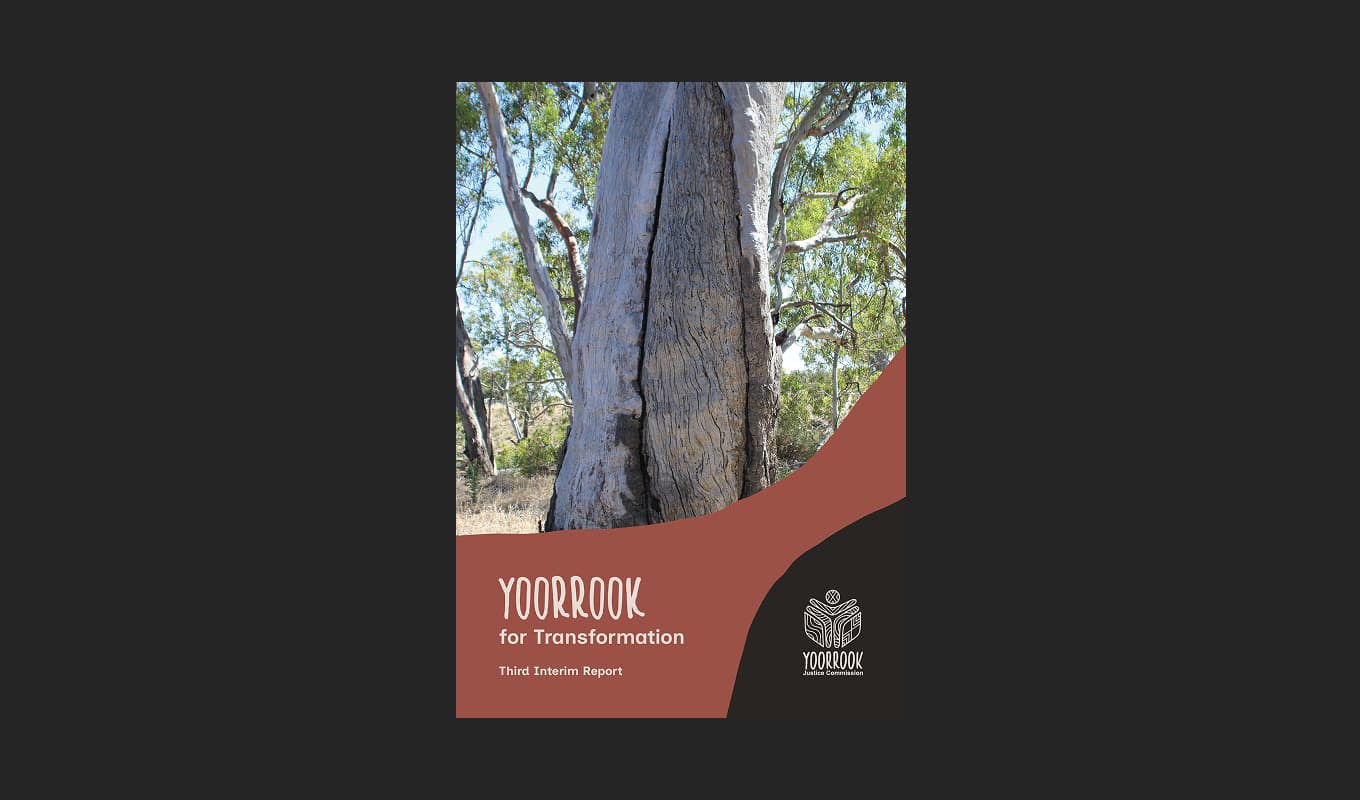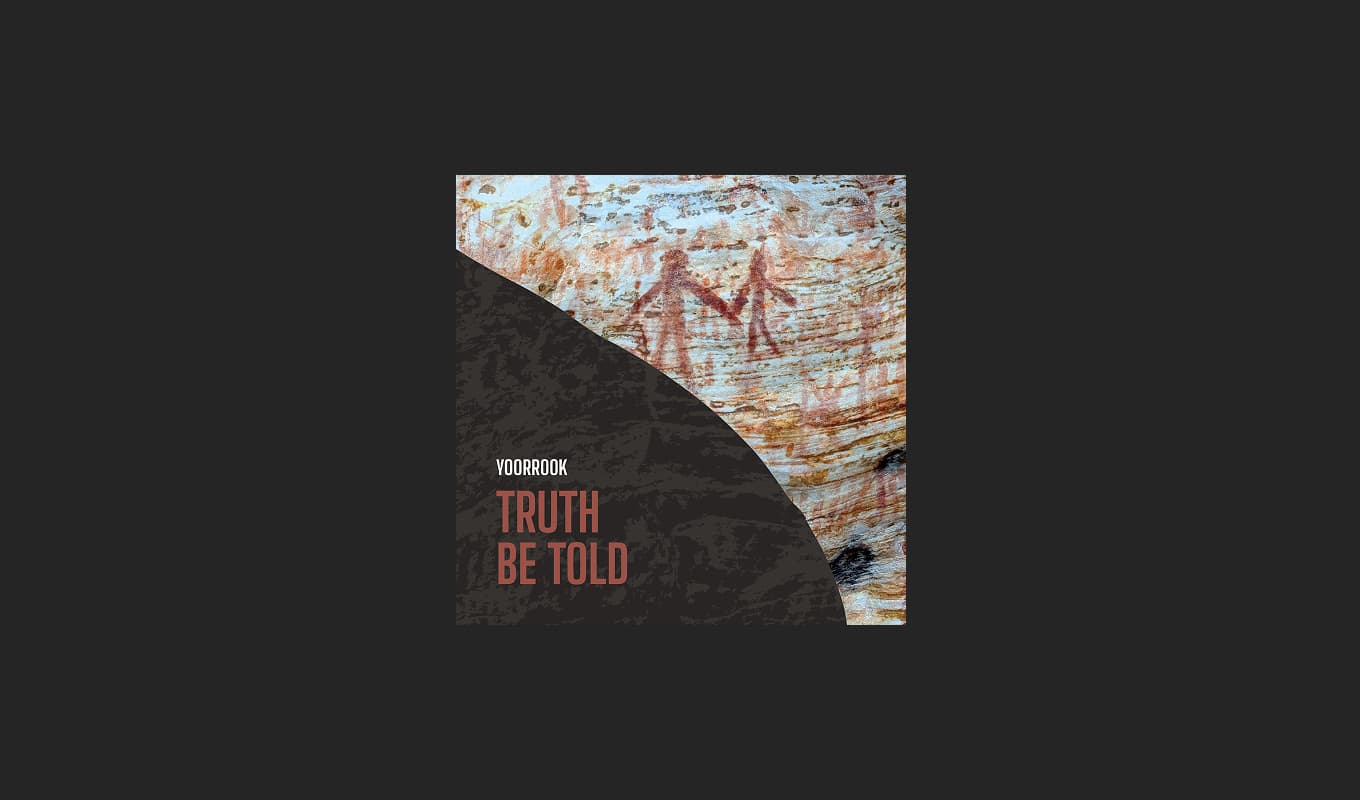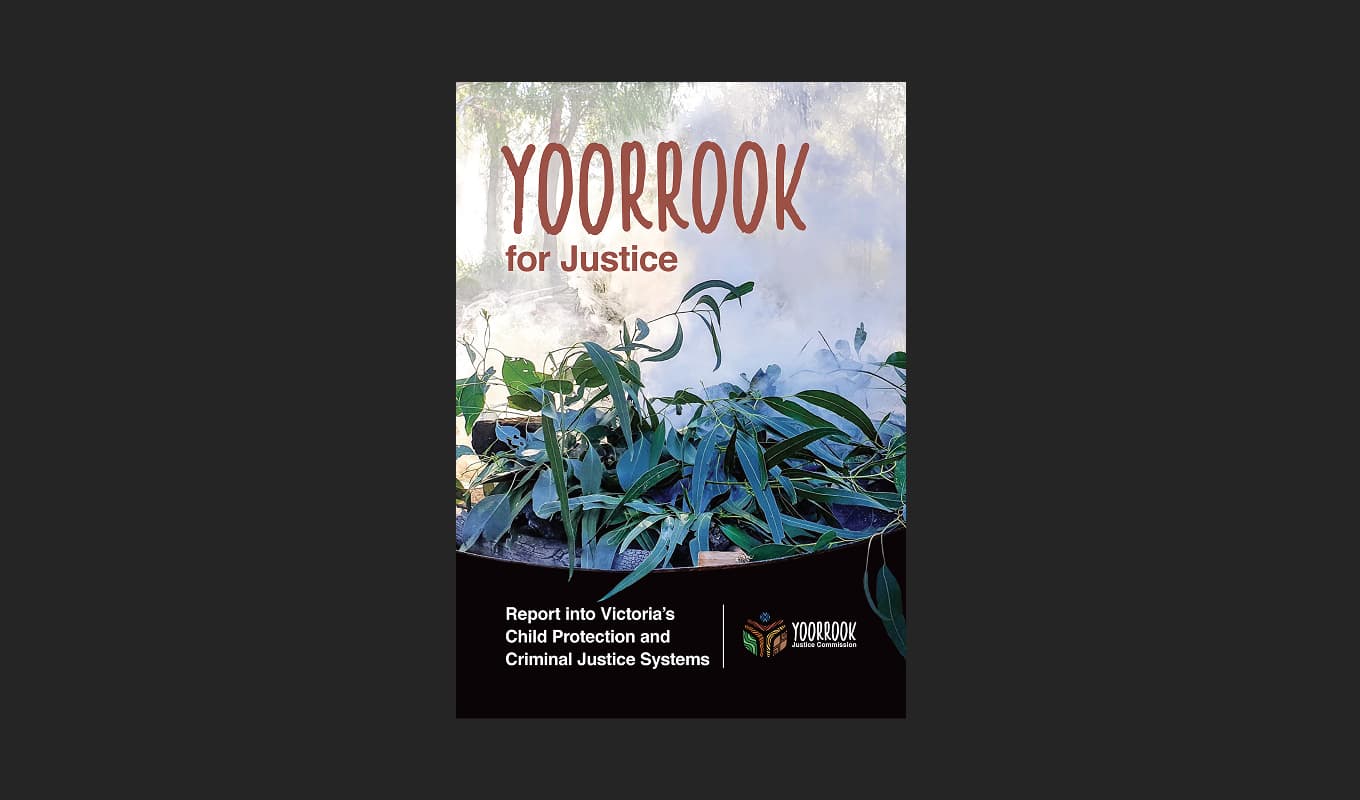Jenny Candy
Jenny Candy acknowledges her limited knowledge of Victoria's colonisation and its impacts on First Peoples, noting the cruelty and disregard shown by colonists. She criticises the inadequate education on First Nations history and culture, and advocates for more First Nations names for landmarks, inclusive storytelling, and compulsory First Nations education in schools. She emphasises the importance of listening to First Nations stories, promoting cultural awareness through media, signage, festivals, and genuine acknowledgements of country.
Submission Transcription
I don’t know nearly enough. But what I have learned from local sources as well as generally is that despite the best efforts of First Peoples to be respectful, generous and helpful to colonists they were treated with cruelty, arrogance and with total disregard for their connection to and knowledge of their country and for their ancient culture.
Negligible. I learned that Aboriginal people were nomads and just wandered the country armed with spears and boomerangs.
More First Nations names of geographic landmarks adopted. Stories of First Nations individuals told alongside stories of white settlers for example where there are tributes to white ‘explorers’ the story of the people they displaced should be told in equal measure. Not just with generalisations but with actual names and family ties and where and how they lived. First Nations history and knowledge must be taught in schools with pride! Our kids need to be proud of living in a country with such a rich and ancient history. And First Nations knowledge must be celebrated to counter the idea that ‘white’ science and knowledge is superior. And where possible in schools teach some language of the First Nations country you are on.
Be willing to listen. To let First Nations people know that it is important to us to hear and understand the stories and the shocking pain of loss they have carried over generations. To talk to eachother about this. To try to dispel the fear held by many white people that by acknowledging the past injustices we are not diminished or threatened but rather strengthened and united.
Be willing to listen. To let First Nations people know that it is important to us to hear and understand the stories and the shocking pain of loss they have carried over generations. To talk to eachother about this. To try to dispel the fear held by many white people that by acknowledging the past injustices we are not diminished or threatened but rather strengthened and united.
Truth-teller consent
Contact us about this submission
Contact us if you’d like to discuss this submission.
Similar submissions
Explore submissions from other witnesses that discuss similar topics.
Mary Hassall
This submission is from Mary Hassall, a descendant of James Hassall, after whom the Hassall creek on Gunditj Country is named. It discusses her resear... more
Viki Sinclair (Fowler)
Viki Sinclair is a direct descendant of one of the original settlers of Gippsland, Colin McLaren. In this submission, she tells her personal story of... more
Gayle Carr
Gayle Carr makes this submission on behalf of herself, Kathryn Williamson and the late Diana Halmarick. It outlines the range of historic reference ma... more
Gerard Finnigan
Gerard Finnigan is a non-Aboriginal person who grew up on Gunditjmara Country and has been mentored by and worked with First Peoples throughout his li... more
Reports and Recommendations
Read the official reports and recommendations of the Yoorrook Justice Commission.

Yoorrook for Transformation
Third Interim Report: A five-volume comprehensive reform report presenting evidence and findings on systemic injustices, and specific recommendations for meaningful change to transform the future.

Truth Be Told
An official public record that documents First Peoples experiences since colonisation, preserves crucial testimonies for future generations and creates an enduring resource for education and understanding.

Recommendations for change
Yoorrook Justice Commission’s recommendations for truth-telling, justice, and systemic reform in Victoria.
